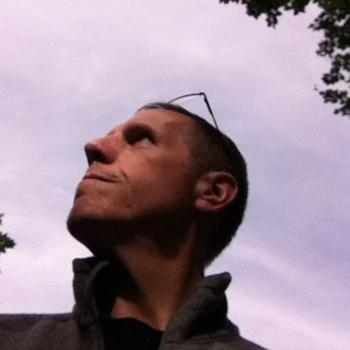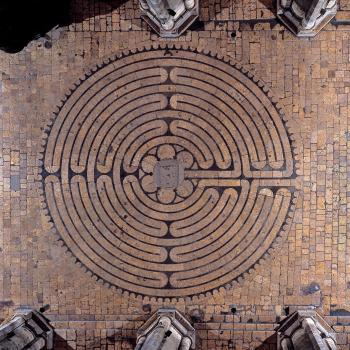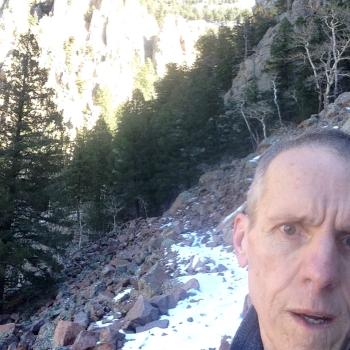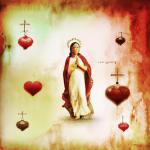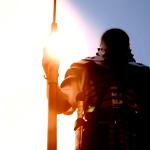 We all know the scene from that movie, even if we did not see the movie – “You can’t handle the truth!” We could say the same thing to most Christians when it comes to Christmas – “You can’t handle the truth.” Bethlehem is a fairy tale.
We all know the scene from that movie, even if we did not see the movie – “You can’t handle the truth!” We could say the same thing to most Christians when it comes to Christmas – “You can’t handle the truth.” Bethlehem is a fairy tale.
Nazareth is where you must go. But first I must ask, “Can You Handle the Truth?”
Can Anything Good come out of Nazareth?
In the spirit of Pilgrim Life, which is always revelation – sometimes of the world but more often of our illusions about the world – let me set the record straight, if you can handle the truth.
I went to Nazareth in January of 2023, and comes to mind at this season when the myth takes us to Bethlehem, but the truth lives in Nazareth. I shall share that journey with you for a few posts.
Our western images of Nazareth – village set among fields – is both romantic and outdated. 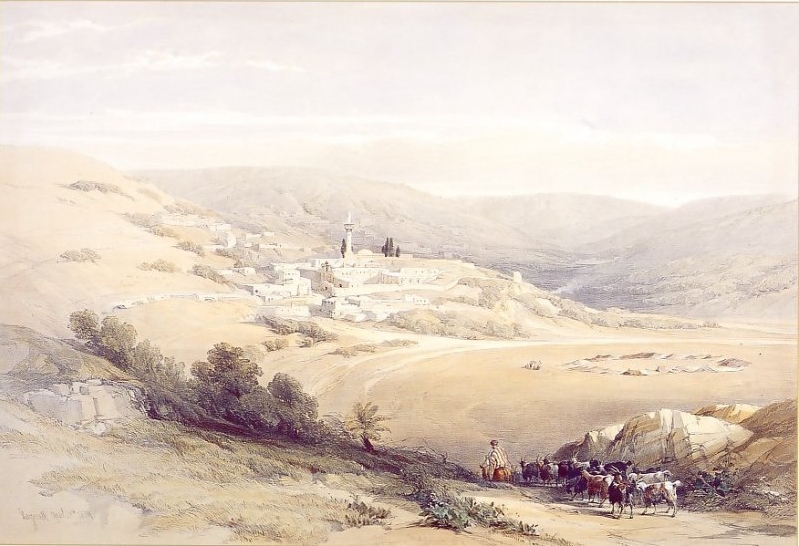 The truth is, Nazareth is the largest city in the Galilee, and today is majority Arab. Coming into town on the bus from Haifa the number of women in veils goes up strikingly. Signs frequently are in Russian and Turkish as well as Hebrew and Arabic.
The truth is, Nazareth is the largest city in the Galilee, and today is majority Arab. Coming into town on the bus from Haifa the number of women in veils goes up strikingly. Signs frequently are in Russian and Turkish as well as Hebrew and Arabic.
This is a tourist place, a major business at that, from the way the main drag – Paulus Hashishi, which is Hebrew for Paul VI named for his visit here – looks. There is a perpetual traffic jam as its two lanes collect every street along the way. My bus deftly threads this needle.
In the Dark Street Shineth?

Christian buildings are abundant but not synagogues. And despite it being larger and newer than all those biblical images, it is much closer to that than Tel Aviv and Haifa. This feels like the Middle East, which used to get words like ‘exotic’ attached to it. That is strictly wrong now as it means foreign, which around here applies to me not them. Actually, I like being the foreigner, not standing out as one but being peripheral and transient. That is what pilgrims are in the places they go – outsiders who come and go. But when we use the word we intend something unusual, but again that is perspectival, right? How do I then communicate that Nazareth is distinct from western life? Is there a cunning or artful phrase that says that without saying they are foreign and curious?
I got nothing. Still, I find this place intriguing with its non American overlaps. Stone buildings little different from those built centuries ago sprout satellite dishes. Stone streets with water ditches in the middle, straddled by automobiles. There is a cubist quality to the place, as though right angles can happen no more than once, and it feels like a house of mirrors but isn’t.
My Place at the Inn
As I wrote this back then, the muezzin is calling people to prayer, being sunset. His delight in the ‘mmm’ sound makes me smile. I do hope it is live, not recorded Now the church bell is ringing for evening prayer. Do they coordinate so as not to overlap?
Remember how often I have said that the soul of travel is the intrusion of the unexpected? That happened seveal times during my brief stay, all welcome if not sought. I’ll share the first one this time and save the others for subsequent posts.
Jews do not exist in Nazareth. It is 98% Arab, divided between Muslims and Christians. There is a long story there which you can explore if you can handle the truth.
I checked in to my room, and something marvelous happened. The hostel turns out to be a really old place, four or five floors high, a mansion at one time. The courtyard (we americans lost out by not adopting courtyards!) has balconies for upper floors and as the sun was setting the light poured into my room through the old wooden double doors with an ancient bolt.
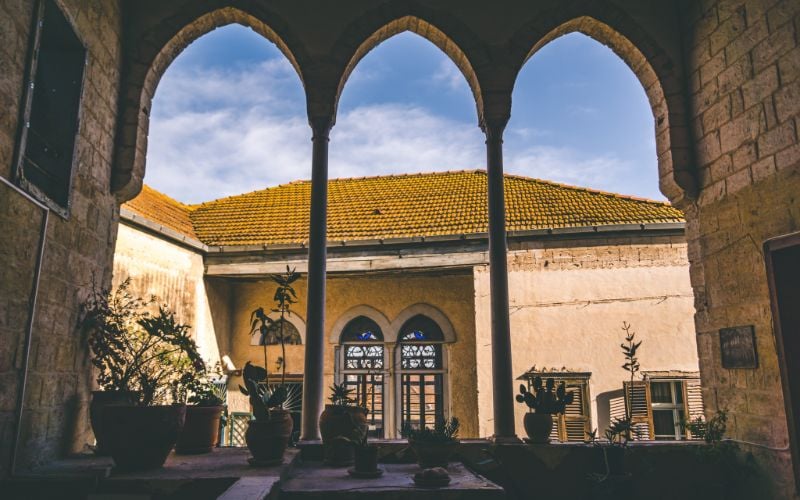 Around the corner from my room is a large common room with photographs of the family who owned the building years ago. Ottoman arches and floors are everywhere, as well as views of the city that lies largely below. The place shouts a story that is the tale of this land but in a diofferent language and key, one largely unknown to those in the west.
Around the corner from my room is a large common room with photographs of the family who owned the building years ago. Ottoman arches and floors are everywhere, as well as views of the city that lies largely below. The place shouts a story that is the tale of this land but in a diofferent language and key, one largely unknown to those in the west.
Christmas Never Ends Here
After a virtual checkin in with my splendid spouse, I took myself out to find supper, following the advice of Sharif, the desk man at hostel who obviously enjoys playing host, and found myself going through narrow alleys strung with white lights. Are these seasonal? In this part of the world Christmas is an Orthodox observance, and happend just two weeks earlier. Or is this a year round thing, knowing that Christian pilgrims are bread and butter here (hummus and pita might be a better metaphor) and they come for Mary and the baby.
Those lights were only the appetizer. Halfway along the narrow street was a mural commemorating the Naqba, Arabic for Catastrophe, and referring to the violence the Arab community experienced with Israeli independence. That memory came to mind readily because of the ongoing war in Gaza.
The alley eventually led into a square where a church – Greek Orthodox Church of the Annunciation – was bedecked with christmas lights. They were strung all around the square in front. Few people were there, but bells from the church played a catholic tune I remember hearing several times, “ah ley lu yah, ah ley lu yah.”
It was closed to visitors by now, and the evening was growing colder. Finding dinner became paramount. I spy a take out place off the square where I bought a sandwich (chicken, as vegetarian is rare up here) and took it back to eat while writing my events of the day, a day that began in Haifa with the smell of the sea, took me through an ancient necropolis that grew around the grave of a sainted rabbi and ended in the likely birthplace and home of Jesus.
Seaport city, Jewish saints, Ottoman mansion, Western Christmas lights, Orthodox Church, Arab suffering – it was a very full day, and the samdwich was more than I could eat at one sitting . I leave half for tomorrow, but ate all the fries with my bottle of Tayveh beer.





